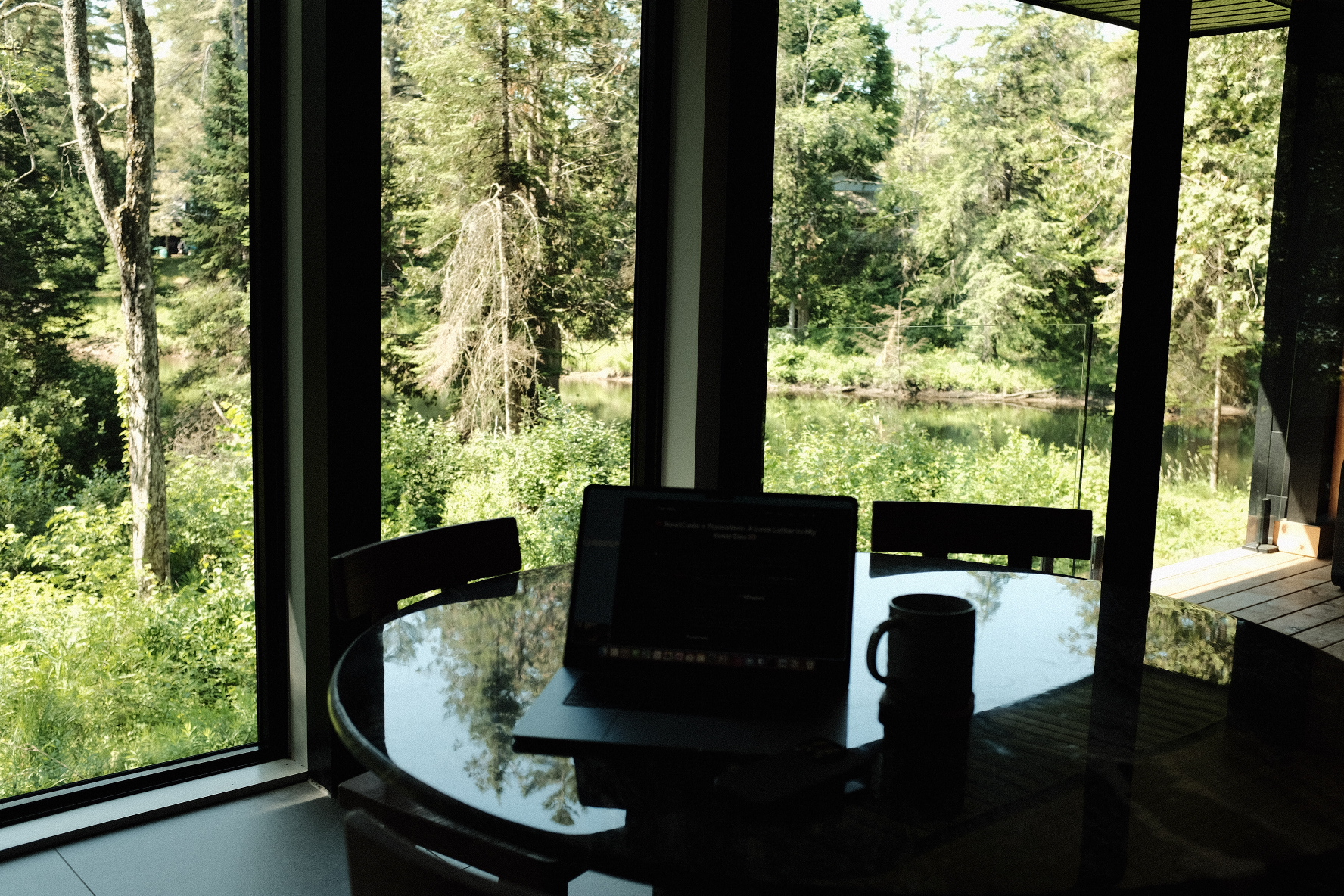🎰 Recalibrating my bets - Why I’m pausing LeetCode grind in an AI world
- Published on
- • 3 min read
- Authors
- Name
- Kien

As someone working in the betting industry, whether you're betting on sports, the market, or even yourself… it's always a good idea to make adjustments based on current data and observations.
A few thoughts have been circling my mind as I sit here with my wife in a beautiful cabin. We're decompressing, reflecting on one of the biggest events of our lives, and taking time to plan ahead. And with this bit of downtime, I’ve found myself reflecting on my career path.
As we head toward an increasingly AI-driven future, I’ve started to wonder: is investing time into LeetCode still a good bet? What used to feel like a reliable playbook for breaking into or advancing in tech now seems vulnerable.
I had set an ambitious goal to tackle LeetCode seriously in my last post, but recently, another path for career growth was presented to me, one that might make more sense given my current circumstances.
✅ 1. The Dev Job Market Is Rough Right Now
- Hiring is down and more cautious, especially for mid-senior roles.
- Layoffs and budget freezes mean fewer companies are aggressively growing.
- More competition: When jobs do open, I’m up against larger applicant pools
Grinding LeetCode in this climate can feel like fighting for a small slice of a shrinking pie.
On top of that, while on my PTO, I briefly checked my work emails and received news that they had laid off 75 people, this doesn’t bode well for the economy at all, which has me a bit concerned.
✅ 2. AI Is Changing the Interview Game
As I mentioned previously, LeetCode seems to be at risk, however, skills like algorithms and data structures are crucial to know. That’s why I still plan to continue learning them, but without dedicating the bulk of my energy to grinding out algorithm questions.
My shift towards gaining new skills will be around:
- System design
- Product thinking
- Code quality + collaboration
My bet right now is: to be building real things, not solving toy problems which I think is the more future-proof skill.
✅ 3. Optimizing for ROI
- LeetCode has low ROI unless I’m laser-focused on FAANG or a specific job
- It doesn't compound like real project work does
Instead, I should build actual products, solve real world problems and build things that provide value.
- Gain product intuition skills
- Puts me closer to real-world problems AI can't yet replace (e.g. context, design decisions, tradeoffs)
- Lets me create a portfolio that isn’t just a GitHub of solutions, but actual shipped code and ownership stories.
🧠 Final Thought
I’m just recalibrating my bet on what skills and experiences will still matter in an AI-heavy future. I hope what I mentioned makes sense and I’m looking forward to having this reflection again to see whether it was the right thing to do.